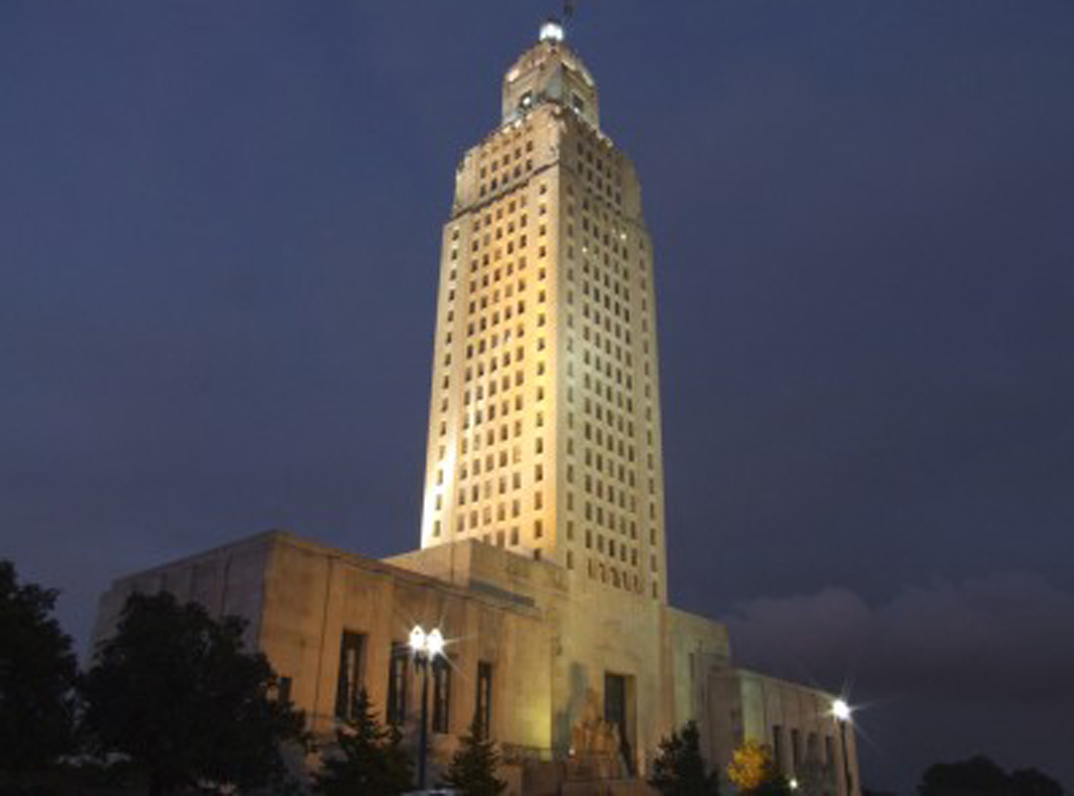214
BATON ROUGE — With hours remaining in the regular legislative session, Louisiana's lawmakers reached a compromise Sunday on a $26 billion state operating budget for next year that makes widespread cuts to close a $600 million shortfall.
The budg
Lawmakers strike $26B budget deal
previous post




